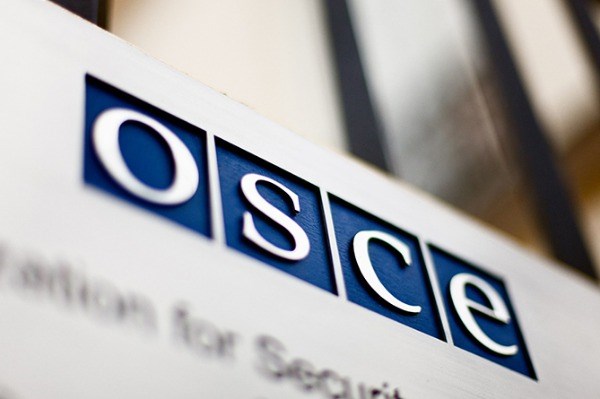Russian intelligence gets hold of confidential OSCE Special Monitoring Mission information
Internal documents belonging to OSCE Special Monitoring Mission (SMM) observers have found their way into the hands of Russia’s FSB, according to an investigation by the ARD Fakt program.
The documents in question are reports on events in the occupied Donbas territories, as well as communication data pertaining to the SMM Deputy Chief Monitor Alexander Hug.
There is also a mini-file on mission members describing their character traits, alcohol consumption habits, financial standings, preferred types of women, and so on.
According to the investigation, the documents may have been sent to the Russian intelligence agency by an OSCE staff member.
“We are also very concerned by any breach of our security,” Hug commented. He also said that the OSCE will look into the situation and take any necessary measures.
The SMM said on its official Facebook page that it intends to look into the statement.
“The OSCE SMM in Ukraine is aware of the story by the Fakt program of the Consortium of public broadcasters in Germany (ARD), which will be broadcast on Tuesday, July 17. The mission is concerned by any possible security breaches, and intends to carefully investigate all statements in accordance with the established procedures,” the SMM stated.
The mission also noted that “without proper verification” it can neither comment nor speculate on the “documents of unknown origin”.
“Nevertheless, the mission is concerned that the supposed infiltration could be a potential risk to its staff, threatening the inviolability of their personal information and their security. The OSCE SMM will continue to carry out its mandate, facilitating peace, stability and security in Ukraine, and also reducing the level of tension,” the mission commented.
The OSCE Special Monitoring Mission has been present in the Donbas since 2014. Despite having the status of independent observer, OSCE representatives have been caught establishing friendships with militants. For example, in 2016, two observers attended a wedding of Luhansk People’s Republic militants. Despite the SMM’s statements that these people had been dismissed, they continue to work for the OSCE. The number of Russian representatives in the SMM grew significantly between 2016 and 2017.
